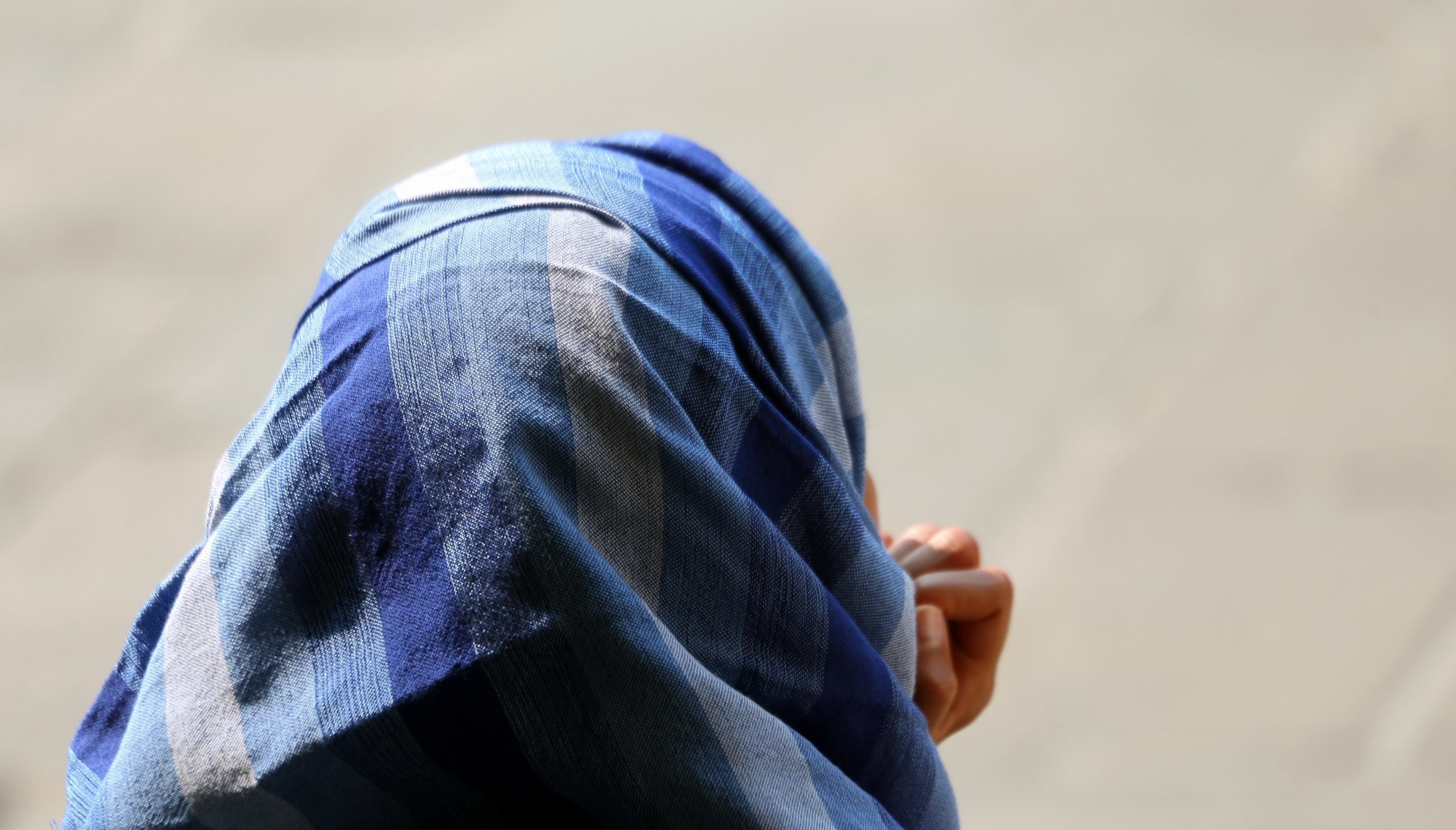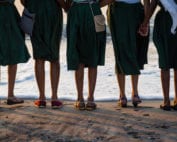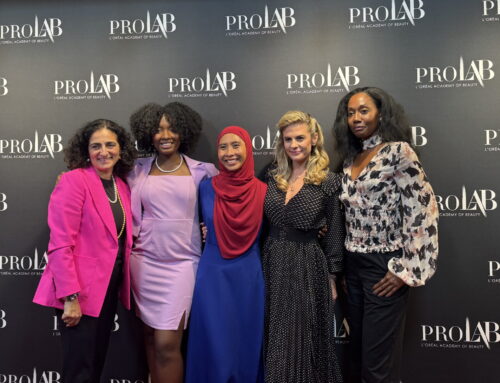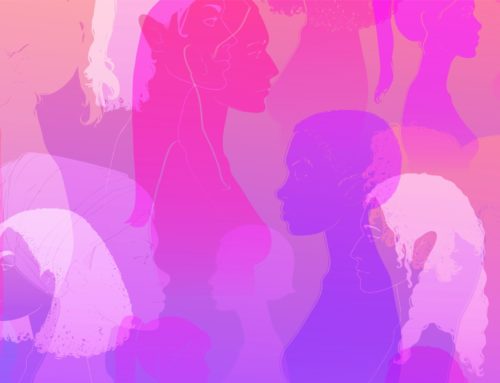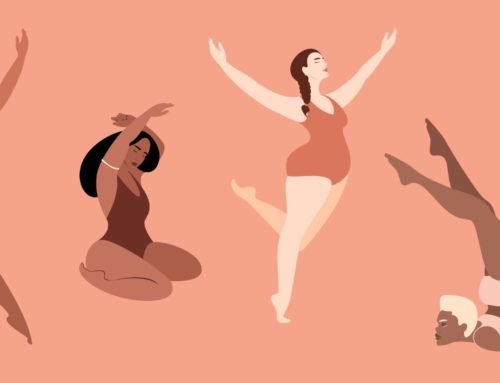What the Future Holds For Girls in Afghanistan
The Taliban’s takeover of Afghanistan in August 2021 shook the world. At Global G.L.O.W., we experienced that earthquake-like feeling intensely. For years, we’ve been watching eagerly as nearly 500 girls participated in GLOW Clubs, a weekly after-school club for girls that promotes the development of social-emotional learning, self-advocacy and community engagement skills in Afghan girls. We’ve been ecstatic to see those same girls stand up to ask for more economic opportunities and speak out against terrible practices like child marriage that are still taking place in some of their communities. The girls’ voices were strong and hopeful — they were envisioning a better future for themselves, for their communities and, ultimately, for the world. We had no reason to doubt that they would see that future realized.
At the start of 2021, we launched a new GLOW Club curriculum where we collected baseline information from program participants that provided us a glimpse into the thoughts and beliefs of 111 Afghan girl participants[1] and 107 of their parents or guardians[2] as they entered the programming. The measures we used are validated measures of gender equality and youth development to track improvements in the girls and the community over time.
Amazingly, results from this survey suggest that these girls, even though they are quite young, already have a strong sense of self. They feel confident in who they are as individuals, knowing what their strengths are, and they can identify what they need, like and are good at. Importantly, this confidence in who they are also spread into beliefs about their potential as individuals and their capabilities. For example, over half of the girls believe they are capable of learning anything (61%) and that they are a person of worth (56%). Specific to gender equality, it is encouraging to see that over half (53%) of the girls feel just as important as the boys at school, in their community and at home. But on the flip side, this also means almost half of the girls do not feel this way.
This sentiment is largely echoed in the parent and guardian results. When asked how they see their sons’ and daughters’ futures compared to their own, there was no difference in the results between the two – they equally saw both their sons’ and daughters’ futures as better than their own. When asked if they prefer sons to daughters, the majority (60%) did not have a preference for sons. However, when asked if they thought it was more important for a boy to go to school than a girl, 50% of the parents agreed.
Though there are some positive statistics in gender equality beliefs and perceptions demonstrated in the baseline data, there is still a lot more work to be done. Most pressing with the current Taliban takeover is that an astounding 71% of the girls self-reported having aspirations. However, they do not feel in control of their lives and futures, nor do they feel good about their futures. Even before the current situation, the girls reported they don’t like making plans to meet their goals, don’t reach the goals they set for themselves and don’t finish tasks if they are hard, suggesting barriers exist that prevent them from reaching their goals. Further, when asked about acts of self-advocacy, only one out of five (20%) girls said they advocate for the rights of girls in their community when they see boys and girls being treated differently. Only about one in four girls (27%) said they stand up for what they believe in. One can only imagine how they might feel now considering the immense barriers they face.
When asked about gender equality, the parents and guardians highlighted that society is far from equal for women and men in Afghanistan. Almost half (48%) of respondents agreed that gender equality has come far enough already; and no man disagreed with this statement. Two-thirds (65%) of respondents agreed that a husband should be more educated than his wife, with a greater percentage of women agreeing with this statement than men. Almost half (48%) of respondents agreed it is the job of men to be leaders, and nearly two-thirds (61%) agreed that it is better to be a man than to be a woman. The differences in the girls’ beliefs and aspirations and how their parents and guardians view gender equality illustrate structures and systems that are preventing a gender-equal society from prospering in Afghanistan.
This data and other statistics highlight the dire need for programming like GLOW Club to continue in Afghanistan. However, that is far from today’s reality. One of the schools we previously worked in was seized by the Taliban and is no longer able to run programs of any kind. Some of the girls in clubs, specifically those in elementary school in certain locations, will still be able to attend. The current plan is to continue to keep those limited clubs open. Prior to the recent Taliban takeover, there were seven girls enrolled for every 10 boys in primary school and six girls for every 10 boys in secondary school.[3] However, as noted by Malala Yousafzai, Afghanistan is now the only country in the world that prohibits girls’ education by not allowing girls to attend secondary school.[4] These girls above elementary school age are no longer allowed to attend school or participate in GLOW club to gain crucial developmental skills to help close the gender divide in Afghanistan.
With the Taliban takeover, many of our programs in Afghanistan have come to a halt. The political pressures girls and their parents, guardians and mentors— well known for being advocates for girls and women’s rights— are facing at the hands of the Taliban are ones we cannot fathom. As of now, we’ve stopped collecting information from girls and their parents and guardians as we don’t want to put any of them in danger and know the fears for the future are top of mind for everyone living under Taliban rule. As an organization that focuses on supporting local community organizations and community leaders, we see highlighting the need for solutions to be community-led as one of our responsibilities. Something else that girls reported on their surveys has unfortunately multiplied since the Taliban took over — there are few (if any) opportunities for girls or women in leadership roles. In fact, women only make up 4.1% of Afghanistan’s senior and managerial roles.[5] As programs close and girls are kept home from secondary school, those opportunities are even more scarce than they were a couple of months ago when these survey results were collected. We are looking to our colleagues on the ground to advise when it might be possible to offer leadership opportunities through GLOW Club and other programming, which we see as critical and necessary to raise the voices of girls and begin to change gender inequalities.
As the dust settles on the new normal in Afghanistan, our mandate at Global G.L.O.W. is stronger than ever – when girls and women lead, communities thrive and societies transform. Our hope and plea for Afghanistan remains – keep girls in school and promote leadership opportunities for girls and women.
Written by Global G.L.O.W. Executive Director Crystal Sprague and Senior Evaluation Advisor Michele Coleman


